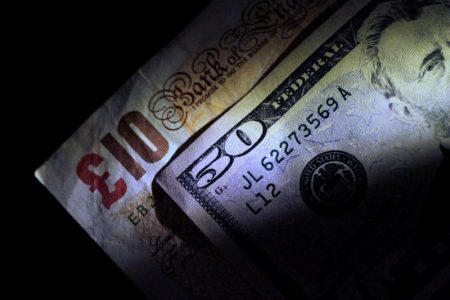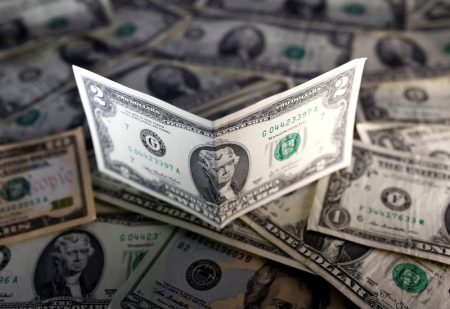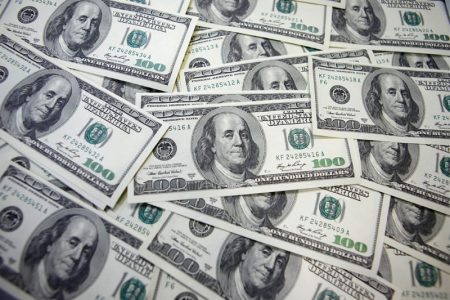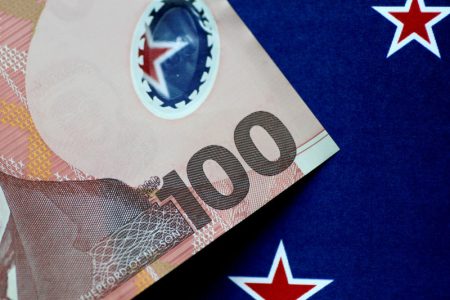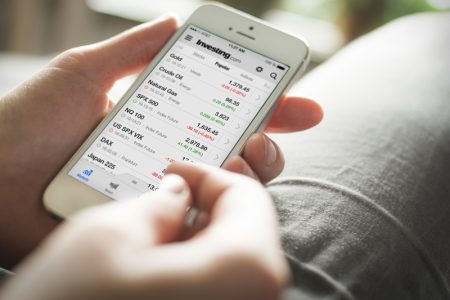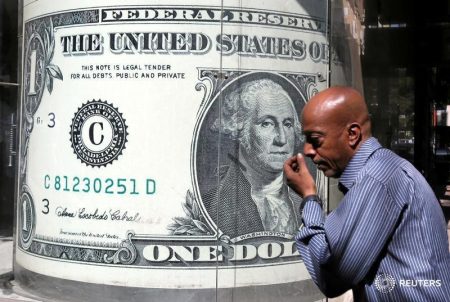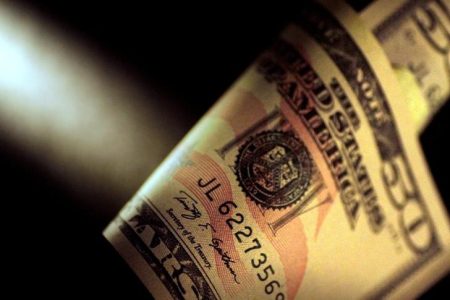By Alexander Marrow
(Reuters) – The Russian rouble leapt more than 3% on Thursday to a more than two-week high past 96 to the dollar after President Vladimir Putin ordered the mandatory sale of foreign currency revenues for some exporters to buttress the Russian currency.
The rouble collapsed to a record low in the weeks after Russia invaded Ukraine last year, after which authorities imposed similar capital controls that saw the rouble recover to a seven-year high. But it has charted a steadily downward course this year, under pressure from capital outflows, falling exports and recovering imports.
By 0720 GMT, the rouble was 3.4% stronger against the dollar at 96.79, after earlier reaching 96.4550, its strongest since Sept. 27.
It gained 3.3% to 102.93 versus the euro and 3.3% against the yuan to 13.26.
“Today, the rouble will strengthen … even by the end of the year we will see the rouble at 88-92 (per dollar),” said Yevgeny Kogan, professor at Russia’s Higher School of Economics, but warning that by 2025-2026 businesses would form plans based on a rouble rate of 100-105.
The government late on Wednesday said Putin had signed a decree reintroducing capital controls for an undisclosed list of exporting firms, a measure that has been on the cards since the rouble tumbled into triple digits in August.
That slump forced the central bank into an emergency 350-basis-point interest rate rise, but the rouble has failed to recover significantly, weakening to a more than 18-month low of 102.3450 this week.
The government said the new capital controls would last for six months and require that companies submit plans to the Bank of Russia and Rosfinmonitoring, Russia’s financial monitoring agency, which would ensure that companies comply.
“The main purpose of these measures it to create long-term conditions for increasing the transparency and predictability of the FX market, reducing the opportunity for currency speculation,” First Deputy Prime Minister Andrei Belousov said in a statement.
The central bank on Thursday said the measures would improve liquidity and reduce short-term volatility, adding that the targeted nature of the restrictions would leave the majority of those engaged in foreign trade unscathed.
Everything depends on the rigidity and effectiveness of the controls’ implementation, said Dmitry Polevoy, head of investment at Locko-Invest.
“The participation of Rosfinmonitoring allows us to count on ‘success’,” he said. “But there is still the outflow of capital!”
, a global benchmark for Russia’s main export, was up 0.3% at $86.11 a barrel.
Read the full article here







